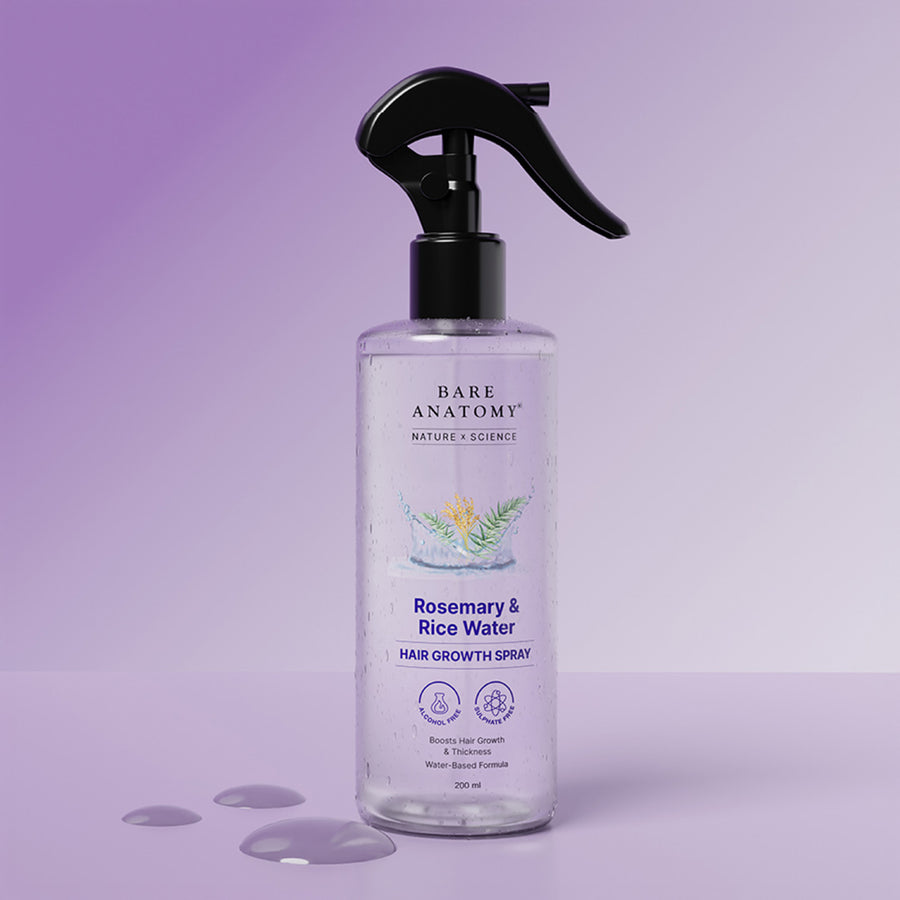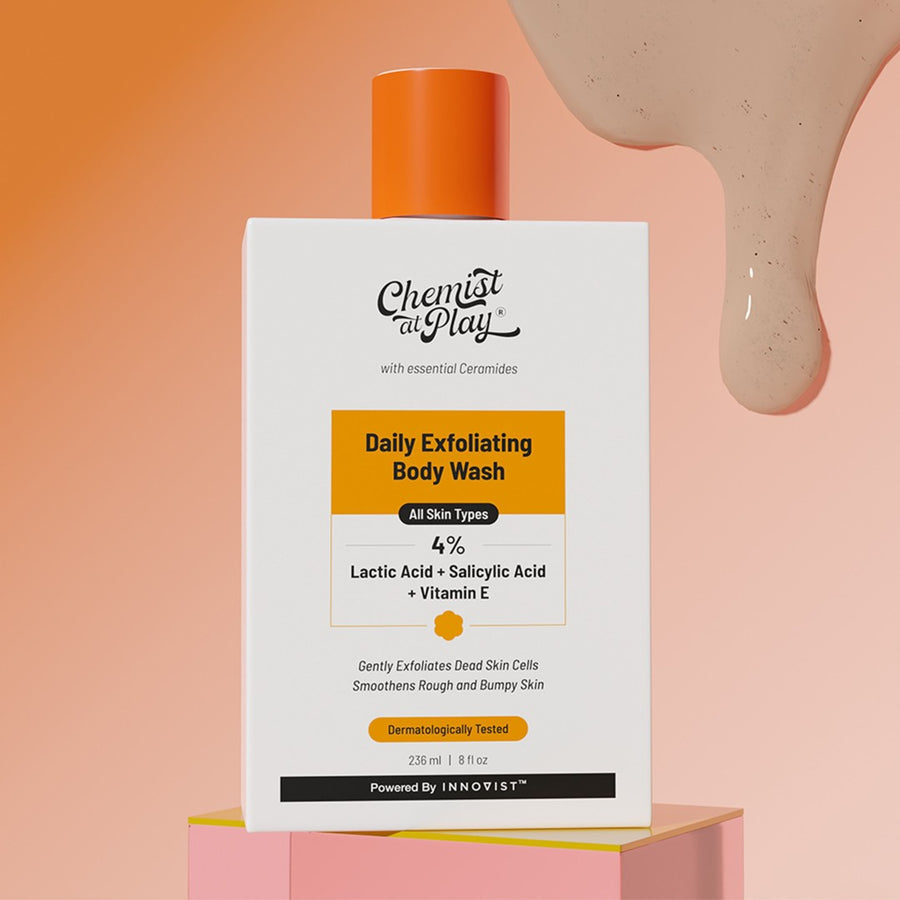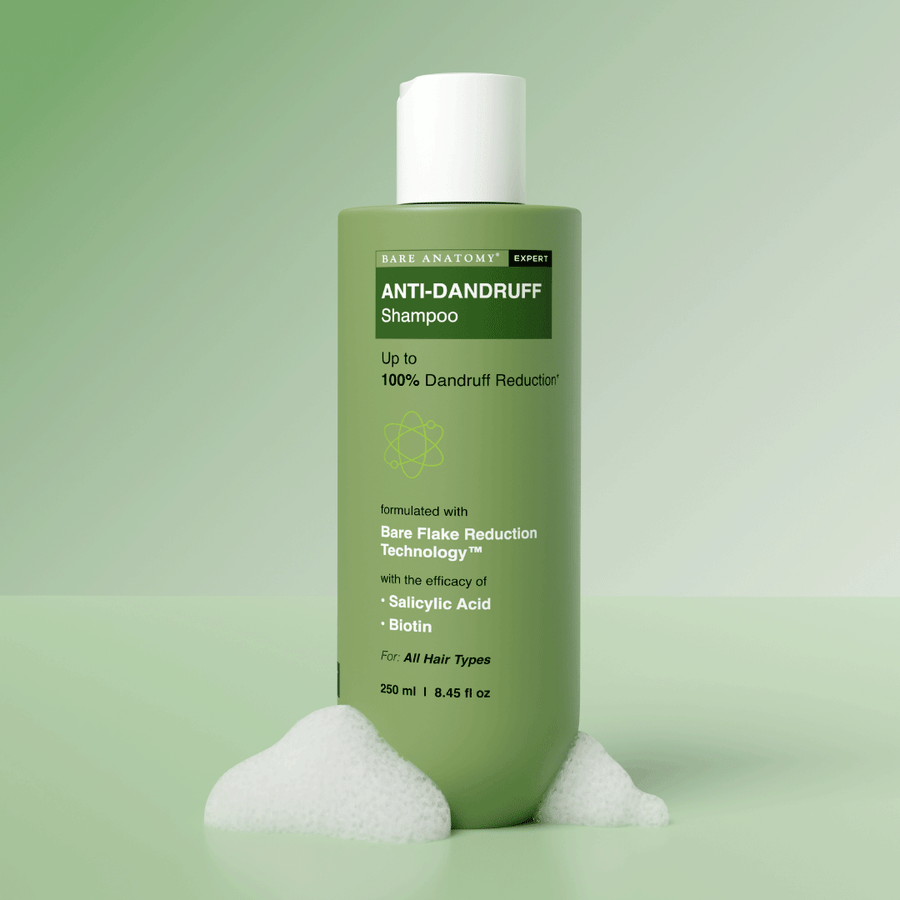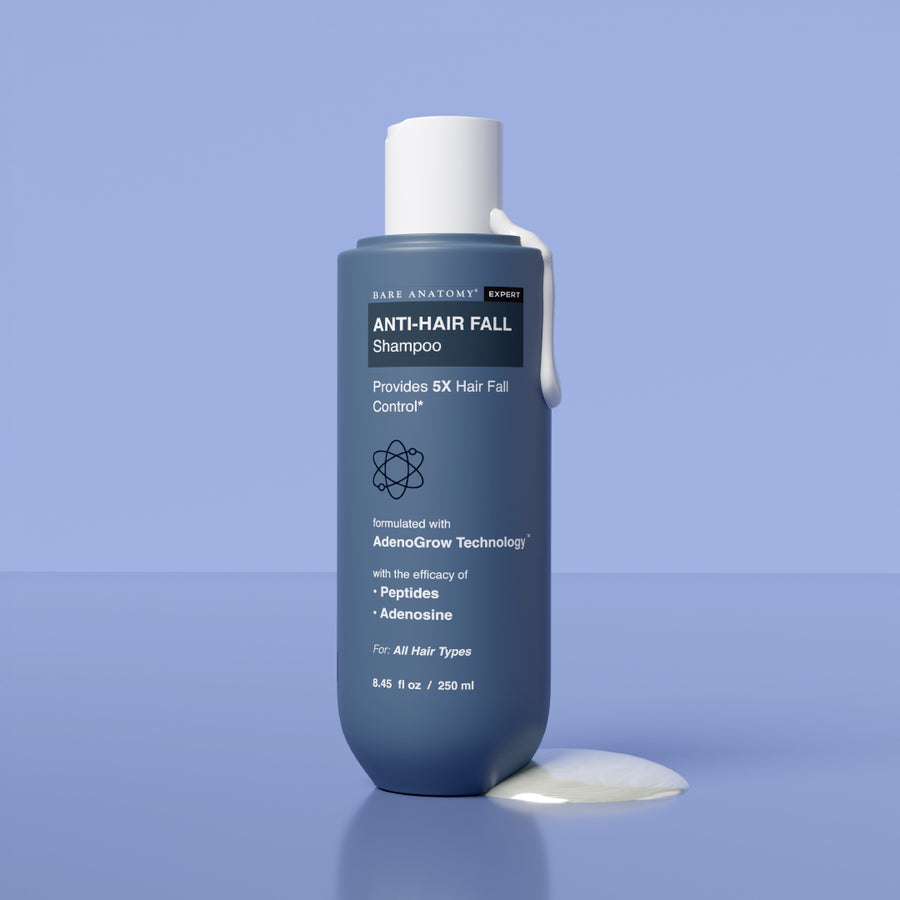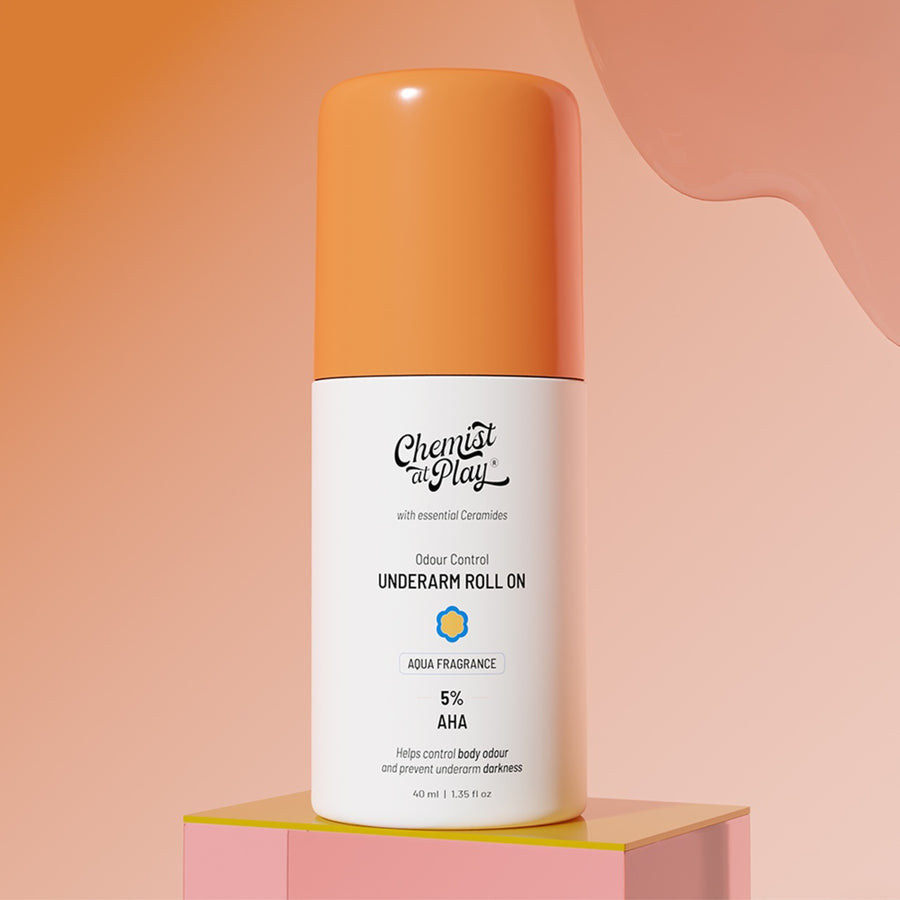
Ceramides for Skin & Hair: Everything You Need to Know
Ceramides originate from the endodermis. A vital component of healthy skincare, its secretion reduces with age, leading to dry skin, dermal infections and sensitive epidermis.
Patients having chronic dermal issues like psoriasis, eczema, or suffering from sunburns have shown remarkable improvements when treated with vitamin C enriched skincare cream. It has been equally effective in embalming sensitive skin surfaces prone to frequent allergic reactions.
What is Ceramide cream and how does it act on the epidermis?
Ceramides work deep within the epidermis upon topical application. It imparts deep nourishment while replenishing the depleted secretion of natural ceramides, which plays a critical role to nourish dry and infected skin surfaces.
Ceramides products are available in creams, gels, lotions and serums. It is fragrance-free while diffusing in the epidermis and enriches from within. The optimum concentration of natural ceramides acts like a sealant, locking the skin surface. It reduces the transpiration rate, which influences moisture content.
What are Ceramide lotions and benefits of applying it?
Ceramides and alpha-hydroxy acids are active ingredients present in skincare routine related products. The skin cells located around the epidermis lie layer upon layer. Naturally secreted ceramides ensure they stay stacked, besides passing nutrition, moisture and collagen necessary to replace worn-out cells. Ceramide benefits include:
-
An active skin care ingredient, it repairs the skin's natural protective barrier.
-
It reduces fine lines and wrinkles, slowing down the ageing skin.
-
Suitable across all skin textures, it's vital for hydrated skin surfaces.
-
Reverses rough skin while imparting deep smoothness across all skin conditions
-
It plays a critical role in healing dry skin, a precursor to dermal issues.
-
Using ceramide-based products such as Chemist At Play AHA Body Lotion in your skin care routine makes your skin resistant to wear and tear.
-
Synthetic ceramide-based products are also effective in oily skin. It reduces dark spots while keeping the outer skin surface comparatively oil-free.
Patients with flaky skin cannot conserve sufficient moisture because of a deficiency in the natural secretion of ceramides. Daily applying ceramide-based lotions such as Hydrating Body Lotion repairs epidermis irrespective of skin type. It prevents the body moisture from escaping, keeping your skin soft and healthy.
5 Types of Ceramides Present in Skin Care Products
 There are five ceramides present in most skin care products. Though artificial, it plays a vital role in healthy skin care:
There are five ceramides present in most skin care products. Though artificial, it plays a vital role in healthy skin care:
-
Ceramide 1, also known as EOS
-
Ceramide 2, also known as NS or NG
-
Ceramide 3, also known as NP
-
Ceramide VI-2, also known as AP
-
Ceramide 9, also known as EOP
When shopping for ceramide-based lotions, ensure the following criteria:
-
Fragrance-free product
-
Approved by a board-certified dermatologist
-
Derived from natural ceramides
-
Certified as ceramide enriched product
-
Contains lipid mixture (sphingolipid)
Ceramide-based serums and how to apply them?
When buying ceramide-based serums for the first time, consult with a board-certified dermatologist about choosing the ideal product. Here’s how to apply ceramide-based products:
-
Cream: You can apply ceramide-based creams during the day (after taking a bath) and at night (before bed).
-
Moisturiser: Ceramide-based moisturisers are best for patients suffering from moisture loss. These skin care products enhance human skin composition. They help to de-clog pores and strengthen the protective layer.
-
Serums: Ceramide-based serums such as Vitamin C Face Serum restore ceramide levels in the human body. Apply it in quantity sufficient as prescribed by your dermatologist, otherwise twice daily.
-
Medications: While buying ceramide-based medications or injections, a prescription from a registered medical practitioner is mandatory.
What are Ceramides role in skin's natural barrier function?
Ceramides form a vital component in the skin's natural protective barrier, also known as the physiological barrier. The skin originates from the ectoderm, later developing into the epidermis. The skin cells comprise:
-
Epidermis (outermost layer)
-
Dermis (middle layer)
-
Endodermis (innermost layer)
The endodermal layer contains subcutaneous tissues or fat cells. Its secretions combine ceramides, hyaluronic acids, triple lipids necessary to prevent dehydrated skin. Under natural conditions, these macromolecules hold the dermal (middle layer) and the epidermal cells (top layer), where body water stays conserved.
Both dermis and epidermis act as a protective layer for the inner endodermis. When your skin lack ceramides, the tightly bound cells of the dermis lose cohesive force and loosen the outer skin surface or the epidermis. A further deficit of ceramides turns the epidermis dry and rough. It triggers excess water vapour loss through transpiration.
Ceramides and what leads to their deficiency?
Ceramide deficiency occurs when the skin cannot secrete adequate ceramides required for dermal wellness. Over the years, dermatologists have observed the leading reasons behind the lack of ceramides. It comprises:
1. Dietary deficiency
-
Absence of ceramide-rich substituents (sphingolipid and phytosphingosine) in diet
-
Suffering from malnutrition along with vitamins, micronutrients and protein deficiency
2. Age and lifestyle
-
Ceramide secretion decreases over 30-years of age
-
Lack of sufficient sleep, stress and anxiety
-
Substance abuse (alcohol and tobacco) adds to lower ceramide levels.
3. Environmental aggressors
-
Frequent illness shows poor immunity
-
Overweight
-
Experiences recurrent allergic problems
-
Sensitive skin
-
Intolerant to sunlight exposure
4. Previous clinical history comprising dermal problems
Patients having previous dermal issues are prone to experience acute ceramide deficiency when suffering from:
-
Psoriasis
-
Eczema
-
Skin cancer
-
Dermatitis
-
Acne problems
-
Skin infections (pathogenic)
-
Diabetic patients have poor healing issues worsening ceramide deficiency
What is Safety of Ceramides in skin care?
Ceramides have undergone extensive peer reviewed studies. It lowers transpiration improves skin texture. It also heals environmental damage to the skin and restores the human skin's barrier. While most people are comfortable with ceramides, it's safer to perform a safety assessment when applying for the first time.
Some people are allergic to perfumes. In that case, shop for a fragrance-free ceramide lotion. You can also try skin care products containing pomegranate sterols. Also, ensure it's approved under medical dermatology.
Famous for its candid reviews, Judge me users gave our generous cosmetic ingredient review 4.5/5. We thank our Flipkart buyers and Nykaa users for giving us a near-perfect 4.9/5 rating. Our products at Amazon have a rating of 4.2/5. You can also check out more on ceramide supplements review on YouTube.
Summary of Ceramides
Meet the must-have ingredients of any dermal product, ceramides! This natural molecule enhances the water vapour retention period in the epidermis. Applying ceramide lotion helps fight skin infection, excessive dryness or healing affected epidermis, making it popular amongst board-certified dermatologist based prescriptions.
New to buying ceramide-based products? Order today from Chemist at Play, the most reliable destination for ceramide cream in India.


















